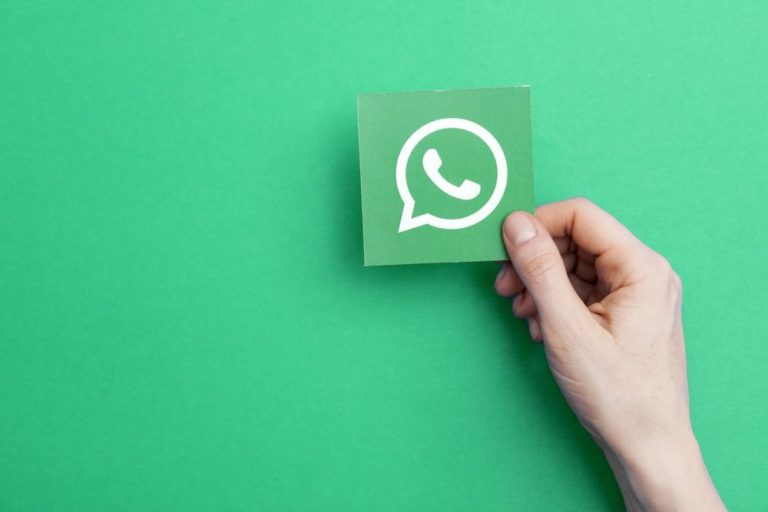After Facebook took over WhatsApp, it was immediately questionable how CEO Mark Zuckerberg intended to make money with the app. Until then, the latter had always been free of advertising and Zuckerberg stated that money could be earned in other ways. Now it appears that advertisements are being looked at extensively and that they will come to the app next year.
Co-founder Brian Acton, who quit last year, revealed to Forbes the two different ways in which Facebook hopes to make money with the app. The first of these was unveiled last month: according to the Wall Street Journal, advertisements will appear in the status display of the app in the course of 2019.
Earn money
Acton tells Forbes that from the beginning Facebook wanted to make money with WhatsApp in two ways. In the first place by allowing targeted ads within the app. With that, Facebook broke a social contract according to Acton: the motto of the app was no ads, no games, no gimmicks, but at least that would change first. That will be in the course of 2019, when advertisers get access to WhatsApp.
Facebook also wanted to make money by selling companies tools to chat with WhatsApp users. As soon as companies jumped on board, Facebook also wanted to sell analytical tools. But still problematic is the end-to-end encryption of the app, which prevents Facebook from reading messages. One wouldn’t want to change that, but Facebook is looking for ways to sell analytical tools. After all, companies already get a way to app with users.
Sorry?
It seems that Acton regrets his decision to sell WhatsApp to Facebook. He made that decision in 2014 and sold the app for $19 billion. At the end of the day, I sold my company. I have sold the privacy of my users. A choice was made and a compromise was reached. And I have to live with that every day, he told Forbes.
This news article was automatically translated from Dutch to give Techzine.eu a head start. All news articles after September 1, 2019 are written in native English and NOT translated. All our background stories are written in native English as well. For more information read our launch article.